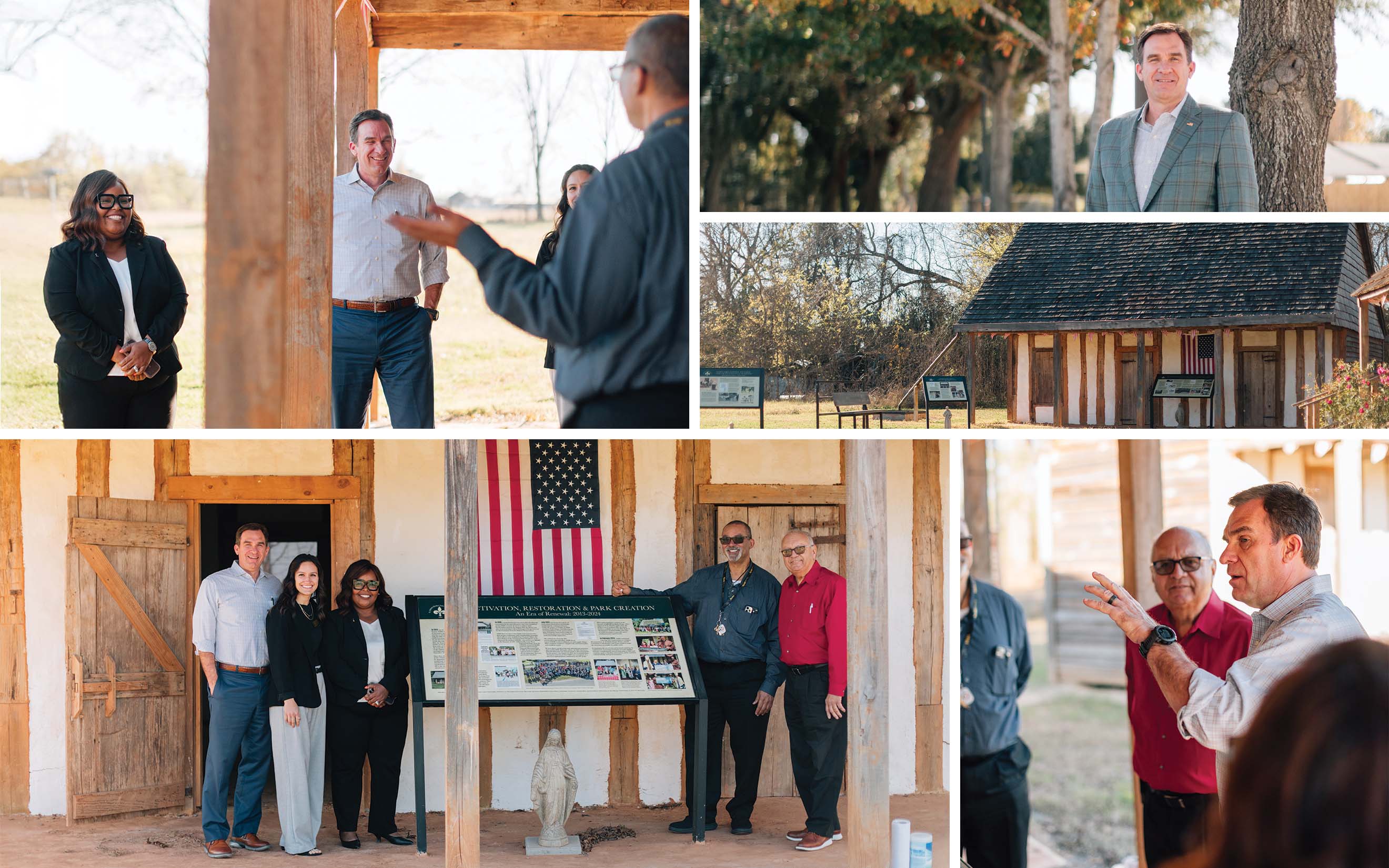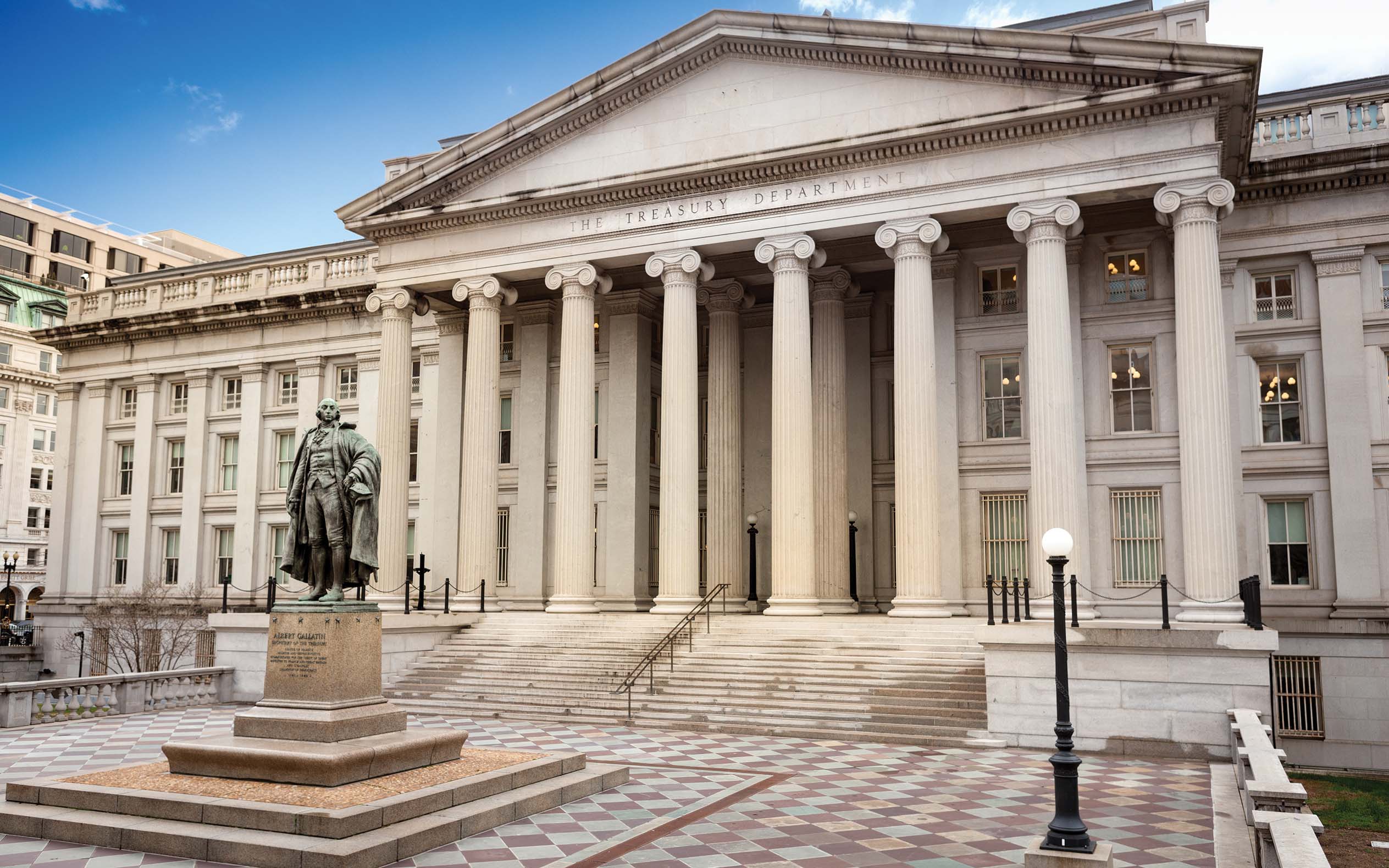In the wake of the farm bill’s expiration, ICBA is advocating for updates that will benefit the agriculture industry and rural communities across the U.S.
Mark Scanlan and Scott Marks: Is a Favorable New Farm Bill on the Horizon?
1224 Farm 2k
December 01, 2024 / By ICBA
In the wake of the farm bill’s expiration, ICBA is advocating for updates that will benefit the agriculture industry and rural communities across the U.S.
A comprehensive piece of legislation, the 2018 farm bill is currently being redrafted after its 2023 expiration and extension through Sept. 30, 2024. A decision must now be made on whether to extend the bill for another year or actually pass a new bill during the lame-duck session of Congress that concludes at the end of this month.
Passing a five-year farm bill is a major task: It covers 12 titles, runs about 1,000 pages and includes a vast array of programs, including nutrition, conservation, rural development, credit, commodity prices and many others.
There has been a split politically as well, with Democratic members of Congress pushing funding for climate change and nutrition programs, while Republicans have sought higher price protections for commodities. An important objective of the farm bill is to address the sharp decline in farm income, which, according to the U.S. Department of Agriculture (USDA), has fallen 23% over the past two years.
A look at the broader ag picture
In May, the House Agriculture Committee passed its new version of the farm bill on a 33–21 vote, with four Democrats joining 29 Republicans. However, that bill—the Farm, Food and National Security Act of 2024 (H.R. 8467)—has stalled due to the Congressional Budget Office’s budget score capping the operations of the Commodity Credit Corporation at approximately $50 billion less than House Republicans believed has been spent since 2018.
Given the major hurricane damage experienced in southern states and the sharp decline in farm commodity prices, Congress is expected to also consider an emergency financial assistance package for agricultural producers. The expense tag for that legislation has been estimated to be approximately $20 billion, but that estimate could fluctuate significantly as more data becomes available. ICBA supports emergency assistance for producers.
The Farm Assistance and Revenue Mitigation (FARM) Act, led by Rep. Trent Kelly (R-Miss.) and Sanford Bishop (D-Ga.), provides emergency assistance to producers of eligible commodities for which the expected revenue in crop year 2024 is below the projected per-acre cost of production. This assistance will be critical in helping farmers pay down debt relative to the 2024 crop and help them obtain financing for the 2025 crop year.
How ICBA is taking action
In September, ICBA joined 300 farm-related organizations in urging Congress to enact a new bill this year. We have also laid out six principles for members to consider in developing this farm bill, including:
Providing ample funding
Maintaining a strong crop insurance program
Enhancing USDA guaranteed loan programs
Blocking efforts by the Farm Credit System to expand its lending authorities
Treating community banks equitably to ensure access to all relevant credit programs
Reducing regulatory burdens
ICBA has strongly supported improving USDA guaranteed loan programs, pushing for an Express loan program similar to the program operated by the Small Business Administration. This would allow quick approval of guaranteed farm loans of up to $1 million but with a reduced guarantee of 50% to 75%.
Additionally, our association advocates for higher loan limits of $3.5 million for guaranteed real estate loans and $3 million for guaranteed farm operating loans. In coordination with other lender groups, ICBA has pushed for a variety of additional changes.
Farm Credit System concerns
However, we’re concerned about a Farm Credit System agenda that may push community banks to the sideline on multiple fronts, including housing, disproportionate regulation and essential community facility loans.
While most stakeholders have outlined two or three priorities, Farm Credit has released six or seven anti-community bank proposals. These broad expansion proposals are a concern for many community banks serving the agricultural marketplace, and ICBA believes they should be kept out of the farm bill.
As Congress writes a new farm bill, there’s a clear opportunity to address the challenges that rural America and our farmers and ranchers face. A strong farm bill allows producers and their community bank lenders to work together for long-term business planning purposes to ensure producers remain viable regardless of the financial challenges.
How you can help
We’re urging ICBA members to send letters through our grassroots website (icba.org/grassroots). There, you can also find materials highlighting the key areas of concern and where community bankers stand on this issue. Talk about ICBA’s goal of taking a piece of legislation that’s “lopsided” and making it better for community banks. For more guidance or insight, visit the Lobbying 101 module on our grassroots homepage.
Also, over the next few months, we’ll be gearing up an amendment process, so any existing relationships that you have with members of Congress will be valuable during that phase.
Subscribe now
Sign up for the Independent Banker newsletter to receive twice-monthly emails about new issues and must-read content you might have missed.
Sponsored Content
Featured Webinars
Join ICBA Community
Interested in discussing this and other topics? Network with and learn from your peers with the app designed for community bankers.
Subscribe Today
Sign up for Independent Banker eNews to receive twice-monthly emails that alert you when a new issue drops and highlight must-read content you might have missed.
News Watch Today

Join the Conversation with ICBA Community
ICBA Community is an online platform led by community bankers to foster connections, collaborations, and discussions on industry news, best practices, and regulations, while promoting networking, mentorship, and member feedback to guide future initiatives.












